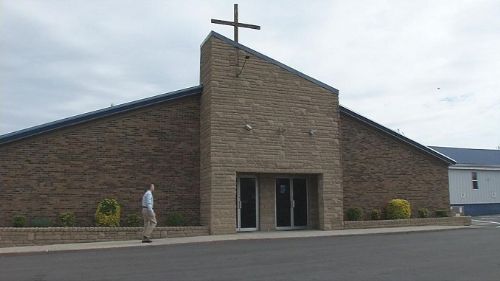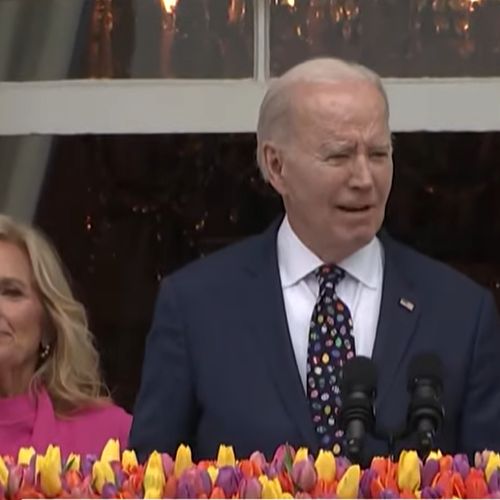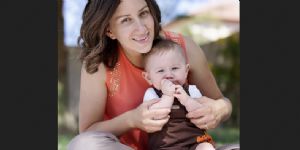America’s fertility rate has plunged to a record low, fueling concerns among pro-life advocates that the nation’s spiritual drift is eroding the foundational values that sustain family life and future generations.
The U.S. birth rate hit an all-time low in 2024, according to a government report, a stark indicator of what researchers describe as a demographic crisis intertwined with decades of waning religious observance.
Gallup data shows the percentage of Americans attending worship services weekly has fallen from 42% to 30% over the last 20 years, while Pew Research Center’s 2024 Religious Landscape Study reveals that more than two-thirds (68%) of Americans now in their mid-70s or older attended services at least weekly during their childhood, compared with less than half (48%) of those currently in their early 20s.
From a pro-life standpoint, this parallel decline signals more than coincidence: It underscores how the retreat from faith is diminishing the cultural and moral imperatives that encourage childbearing and child-rearing.
LifeNews is on GETTR. Please follow us for the latest pro-life news
“Religious Americans under age 40 without children are nearly twice as likely to say they want to have children someday as those who are not religious (62 percent vs. 32 percent),” according to analysis from the American Storylines research project, highlighting faith’s role in fostering openness to life.
The data paints a clear correlation. Christian Americans between the ages of 40 and 59 have an average of 2.2 children, compared to 1.8 among the religiously unaffiliated, per Pew’s landmark study. Among young adults, those who attend religious services weekly are far more likely to have heard from their parents about the importance of marriage and family: 59% report such discussions at least occasionally, versus 38% of those who seldom or never attend services.
Nearly half (49%) of regular attendees also recall parental conversations on the benefits of having children, compared to fewer than three in 10 (29%) infrequent attendees.
Roughly two-thirds (66%) of Americans whose parents often discussed the joys of parenthood express a desire to have children themselves, in contrast to just 34% of those whose parents never broached the topic. This parental guidance, often rooted in religious teachings that celebrate life and family as divine gifts, appears pivotal.
A majority (57%) of religious women under age 40 say they want children someday, rising to nearly two-thirds (66%) among religious men in the same age group — figures that dwarf the one-in-three rates among their nonreligious peers (33% for women, 31% for men).
Pro-life observers argue these trends reflect a broader societal malaise where secularism prioritizes individualism over the sacred duty to welcome new life. Rates of religious affiliation have stabilized after years of decline, but worship attendance lingers at historic lows, with more than four in 10 young adults ages 18-24 now religiously unaffiliated — double the rate among the oldest Americans.
To fix America’s historic low birth rates, getting Americans to go back to church could help.







